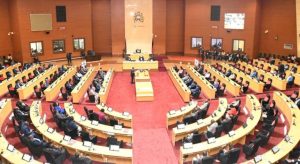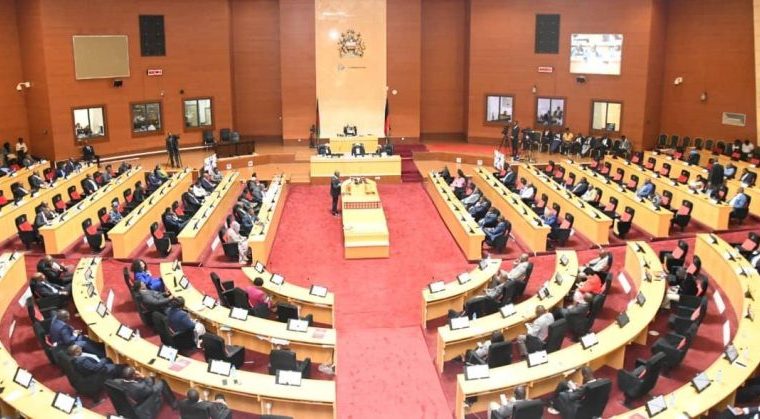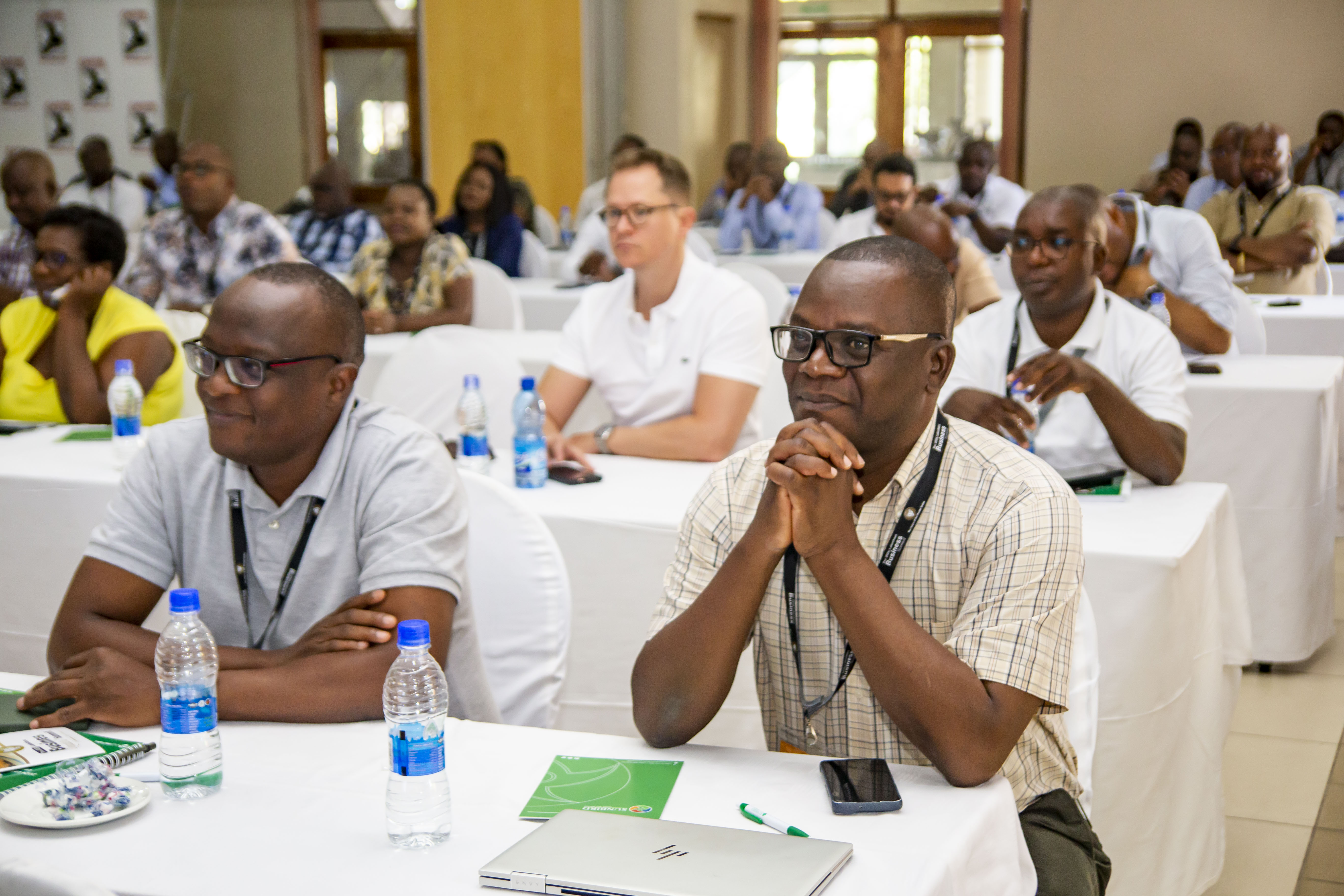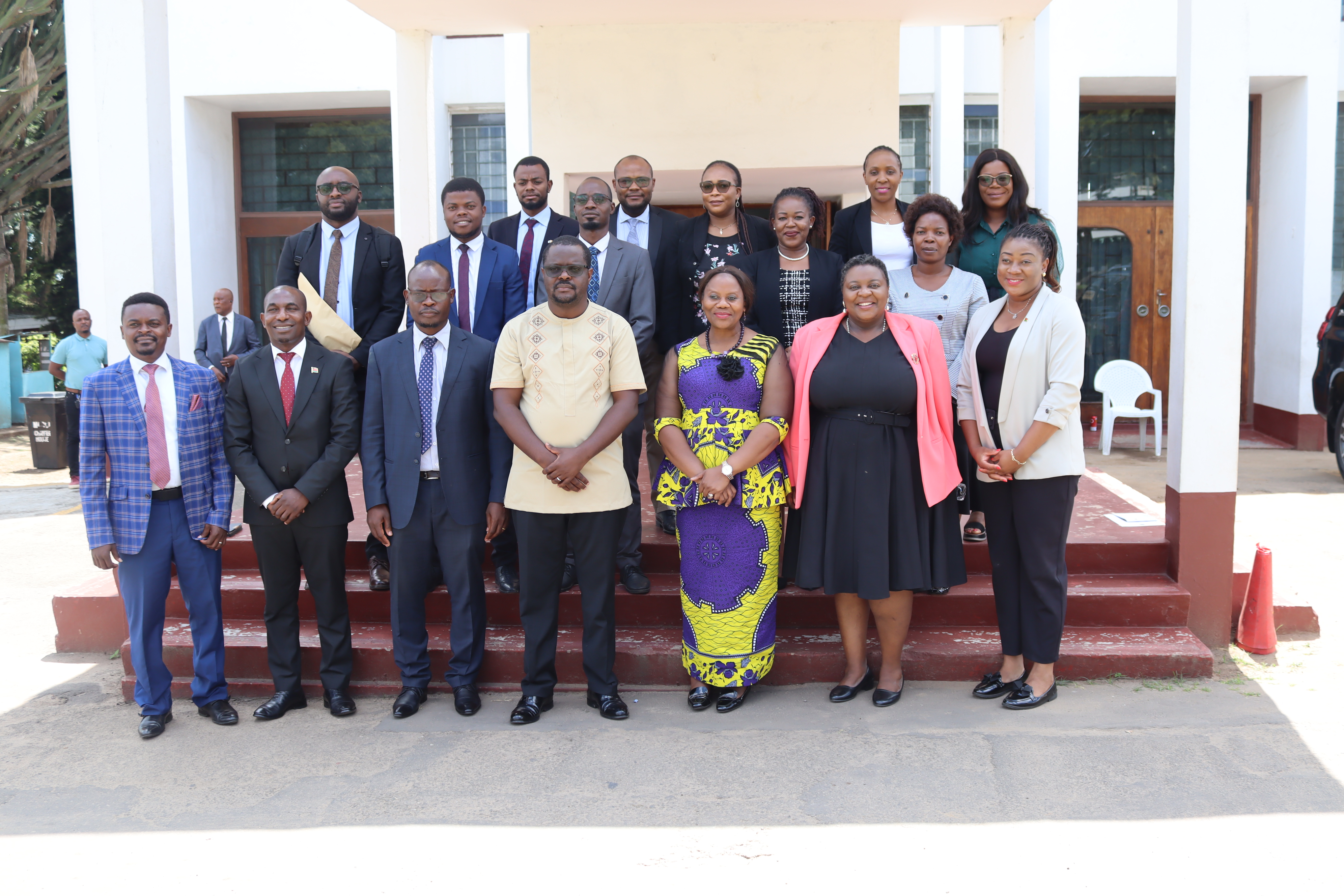Parliament has passed the 2025/26 National Budget, setting it at K8.076 trillion—a slight increase from the initial proposal of K8.05 trillion announced on February 28, 2025.
This newly approved budget seeks to address crucial socio-economic challenges, improve service delivery, and mitigate the impact of donor aid cuts by prioritizing key sectors like health, education, and agriculture.
The health sector has emerged as a key beneficiary of this revised budget, receiving an additional K23.4 billion to address funding gaps caused by donor withdrawals. The government has committed these funds to support HIV and AIDS services, recruit frontline healthcare workers, operationalize the Malawi National Cancer Centre, and introduce dialysis services at Mzuzu Central Hospital. Despite these efforts, health sector funding has only marginally increased to 9.5 percent of total expenditure, which still falls short of the 15 percent target set by the Abuja Declaration.

Other notable adjustments in the budget include an additional K11.7 billion allocated to the National Assembly, primarily to cover members of Parliament’s gratuities and expenses related to new parliamentary constituencies created after redistricting.
Furthermore, K5.8 billion has been directed toward infrastructure compensation and Millennium Challenge Account projects, while K4.9 billion is set aside for critical blood and blood product supplies under the National Local Government Finance Committee. In a move to expand digital learning, K2 billion will support the Malawi University of Science and Technology in establishing a laptop and tablet assembly plant.
The budget also addresses food security through the Aquaculture Mega Farms Project, which has received K1 billion, and promotes public sector capacity building and climate resilience initiatives. Meanwhile, K798 million has been allocated to the National Arts and Heritage Council and the Peace and Unity Commission, with K500 million committed to the Climate Change Fund to bolster environmental resilience efforts.
However, questions remain regarding the budget’s sustainability. Chithyola Banda did not disclose which sectors faced cuts to accommodate the additional allocations, nor did he identify specific revenue streams to cover the increased spending.
Sources within the Treasury have indicated that the government is relying on fiscal consolidation, improved tax compliance, and expanded revenue bases to generate the necessary funds. The ongoing Domestic Resource Mobilisation Strategy, which emphasizes broadening the tax base and enhancing non-tax revenue collection, is expected to play a pivotal role in closing the fiscal gap.
The approval of this ambitious budget underscores the government’s commitment to addressing Malawi’s socio-economic priorities. Yet, the road ahead remains challenging, as balancing resource allocation, fiscal responsibility, and economic growth will require a concerted effort from all stakeholders. Transparency in implementation and a collaborative approach will be vital to ensuring the success of the 2025/26 National Budget in delivering tangible benefits to Malawians.





